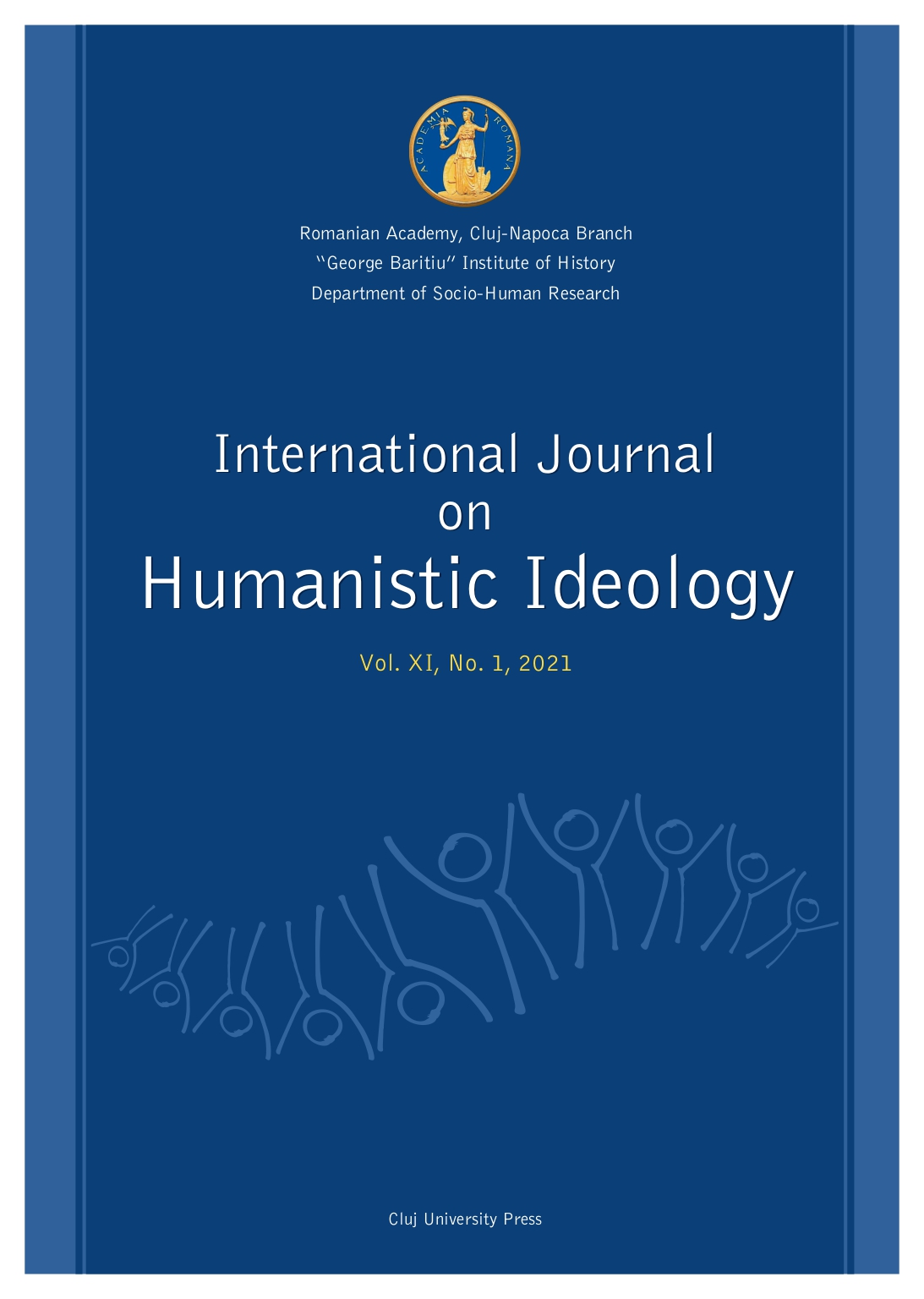Between Action and Suffering: Kierkegaard on Ambiguous Guilt
Between Action and Suffering: Kierkegaard on Ambiguous Guilt
Author(s): Daniel WattsSubject(s): Philosophy, Ethics / Practical Philosophy, Existentialism, Philosophy of Religion
Published by: Presa Universitara Clujeana
Keywords: Kierkegaard; tragedy; guilt; moral luck; agency; responsibility; complicity; sin;
Summary/Abstract: I draw out from Kierkegaard’s work a critical perspective on evaluative frameworks that rely on a sharp distinction between agents and patients. In this perspective, human lives are shaped by complex entanglements of actions and sufferings. By abstracting away from this complexity, the agent/ patient dichotomy occludes important ethical phenomena. I focus here on one such phenomenon: ‘ambiguous guilt’. Ambiguous guilt arises from interdependencies between how individuals are passively formed, through what they suffer, and how they are actively formed as agents, through what they do. With reference both to the aesthetic perspective of tragic drama and also the religious idea of human sinfulness, I show how Kierkegaard’s work makes a case for our need for evaluative frameworks that remain properly responsive to experiences of ambiguous guilt.
Journal: International Journal on Humanistic Ideology
- Issue Year: XI/2021
- Issue No: 1
- Page Range: 169-197
- Page Count: 29
- Language: English

